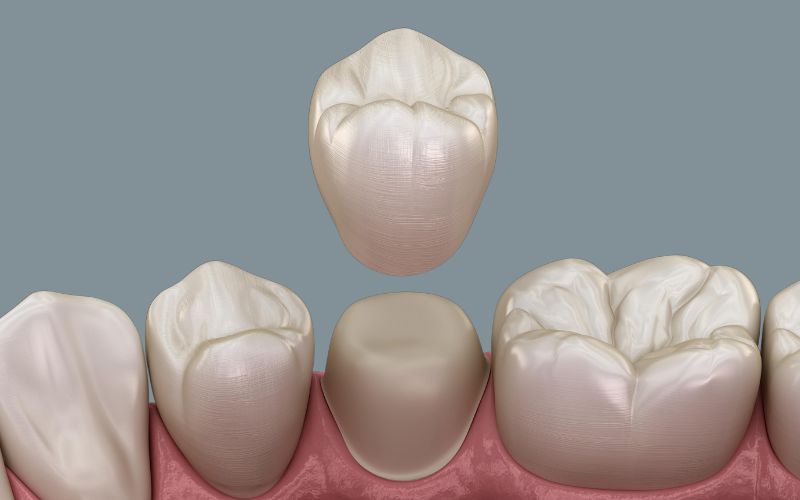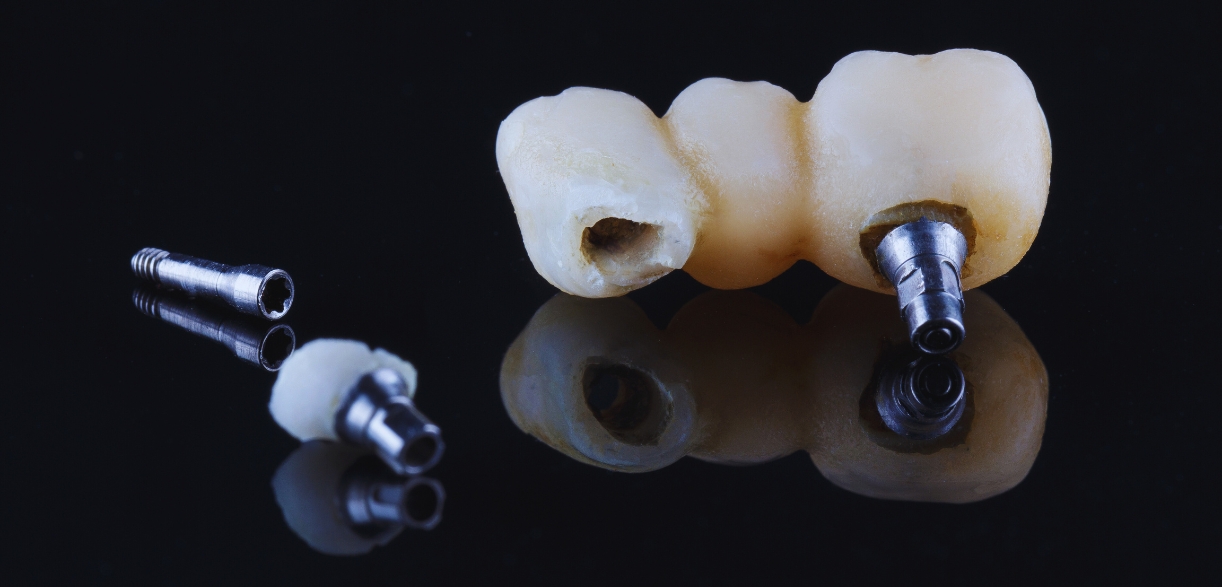We Welcome New Patients!

What Are Dental Crowns?
A dental crown is a custom-made cap placed over a tooth to restore its size, shape, and function. It protects a weak or damaged tooth, making it stronger and more durable. These caps come in different materials like porcelain, metal, or ceramic, each offering distinct advantages.
People get crowns for various reasons. They help cover cracked teeth, support bridges, and safeguard teeth after a root canal. For those needing a lasting dental solution, crowns offer both protection and improved appearance.
Advantages of Dental Crowns
Dental crowns offer several benefits, making them a popular choice for dental restoration. Here’s why they stand out:
Protection and Durability
- Crowns shield weak or broken teeth from further harm.
- They provide strength and stability, ensuring long-term use.
- The materials used resist wear and tear, lasting many years with proper care.
Enhanced Appearance
- They cover stains and discoloration, restoring a natural look.
- Crooked or misshapen teeth can appear more aligned and uniform.
- Customization ensures they blend seamlessly with natural teeth.
Restored Functionality
- Crowns help restore normal chewing and speaking abilities.
- They prevent discomfort caused by cracked or sensitive teeth.
- Proper alignment improves the bite, reducing strain on other teeth.
Versatile Applications
- They support dental bridges and secure implants.
- After a root canal, a crown protects the treated tooth.
- Crowns are an effective solution for both aesthetic and functional needs.
How to Maintain Your Dental Crowns
Caring for dental crowns properly ensures they last for years. Follow these essential steps to keep them in top condition.
Daily Oral Hygiene Routine
- Brush twice a day using a soft-bristled toothbrush.
- Use fluoride toothpaste to strengthen the underlying tooth.
- Floss daily to prevent plaque buildup and maintain gum health.
- Rinse with antibacterial mouthwash to reduce bacteria.
Foods to Avoid
Certain foods can damage or loosen a crown. Avoid these:
- Hard candies and ice, as they can cause cracks.
- Sticky foods like caramel and gum, which may pull the crown loose.
- Sugary snacks that increase the risk of decay under the crown.
Regular Dental Visits
- Schedule checkups every six months for professional cleaning.
- Routine exams help detect potential issues early.
- If you feel discomfort, visit your dentist without delay.
Signs You Might Need a Crown
A dental crown may be necessary in the following cases:
- A broken or cracked tooth causing pain or sensitivity.
- A large filling that weakens the tooth structure.
- A tooth that has undergone a root canal.
- A missing tooth requiring a bridge for support.
If you have any of these concerns, consult a dental professional to explore suitable options.
Dental crowns provide both protection and an improved smile. They enhance appearance, restore function, and prevent further damage. By maintaining proper oral hygiene and avoiding harmful foods, you can extend the life of your crown. Regular dental checkups will help detect any concerns early. If you’re considering this treatment, learning about dental crowns benefits & care Tips can guide you toward making the best decision.

